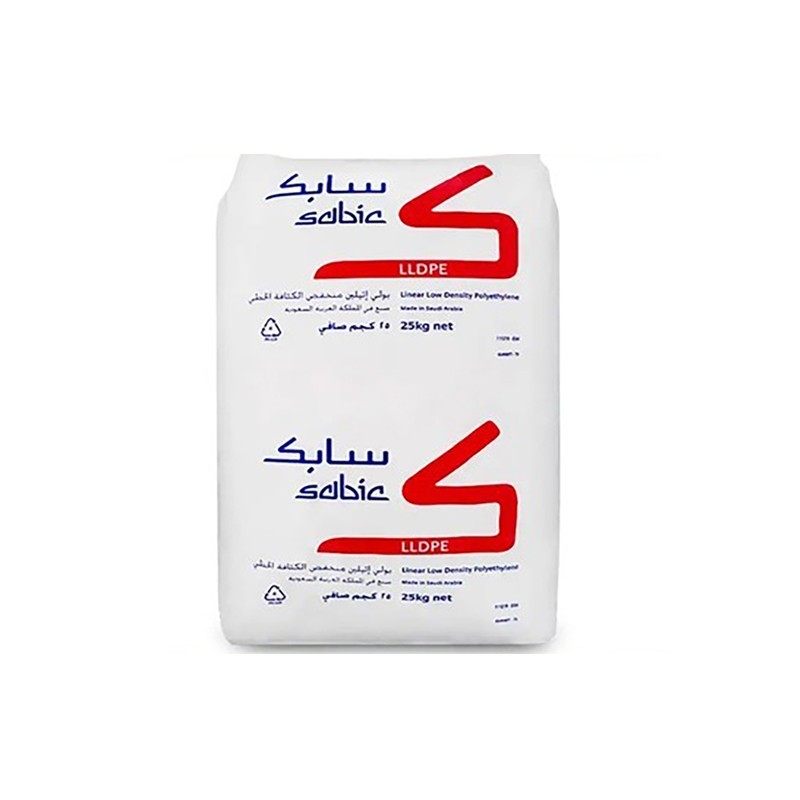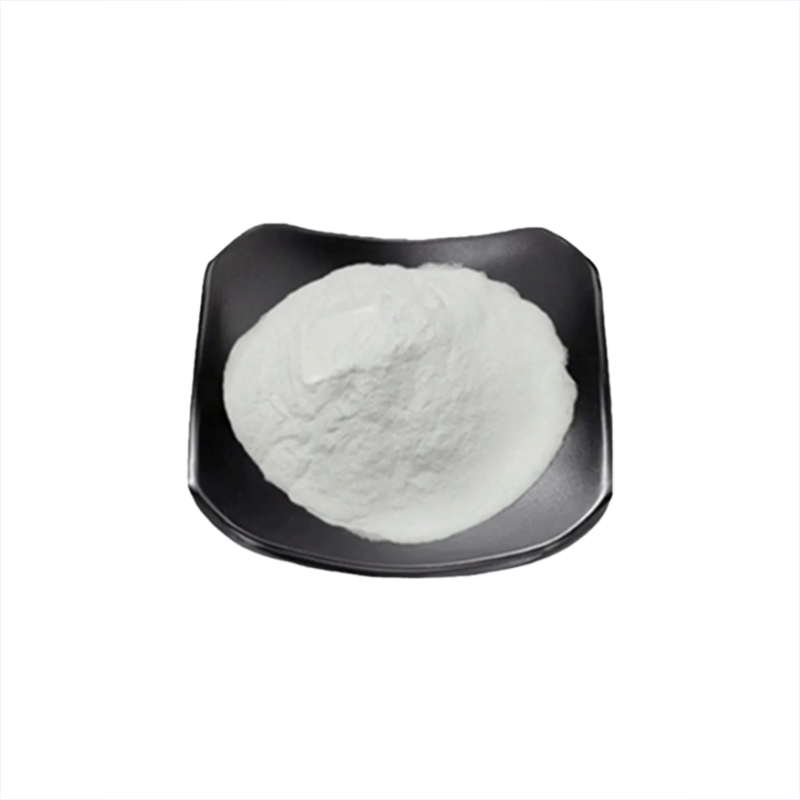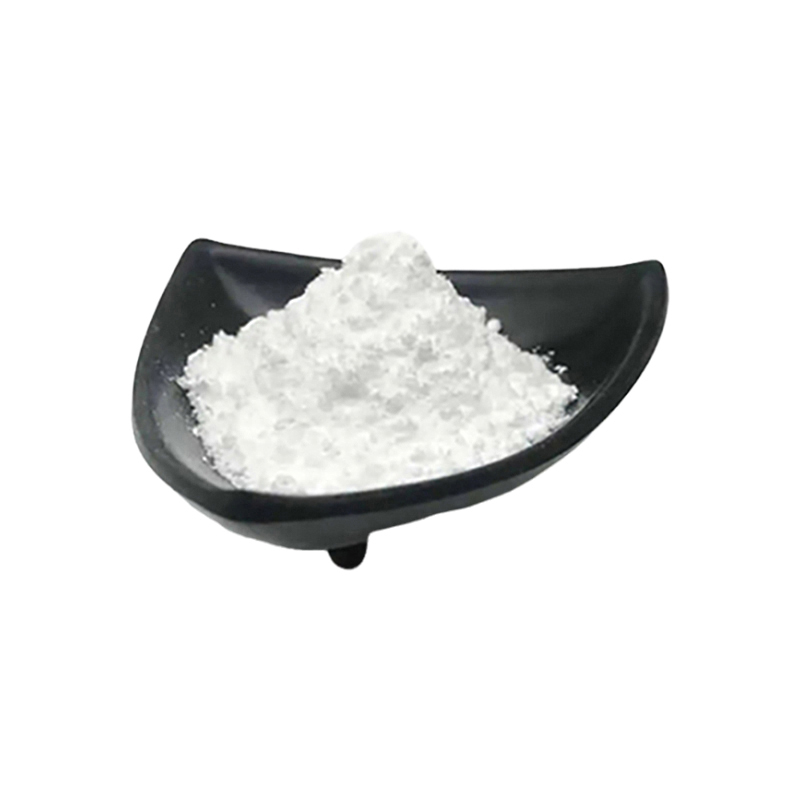(Advanced material)Beijing TDD E-commerce Co., Ltd
Retailer
CN Supplier
11 YRS
Main Products:
Advanced material
Established:
2014-12-18
Company Size:
2000
Disposable Food Storage Container, Clear 5 Compartments Plastic Bento Lunch Box
Rectangular Cornstarch Disposable Biodegradable food container Cornstarch rectangle lunch box Series To-go Takeaway Pack
Food stuff Disposable Plastic fast food box Takeoff Customize Packing Box resuable Microwave clear Food Container
Wholesale Cheap Disposable Plastic 2oz Mini Sauce Cup With Lid Clear Cups Sauce Container
Beijing TDD E-commerce Co., Ltd
Online Store
CN Supplier
11 YRS
Main Products:
Titanium dioxide, pigments, fillers, alcohols
Established:
2014-12-18
Company Size:
2000
Qingdao Yibolan Machinery & Equipment Co., Ltd
Manufacturer/Factory
CN Supplier
1 YRS
Main Products:
Machinery Parts
Established:
-
Company Size:
-

















